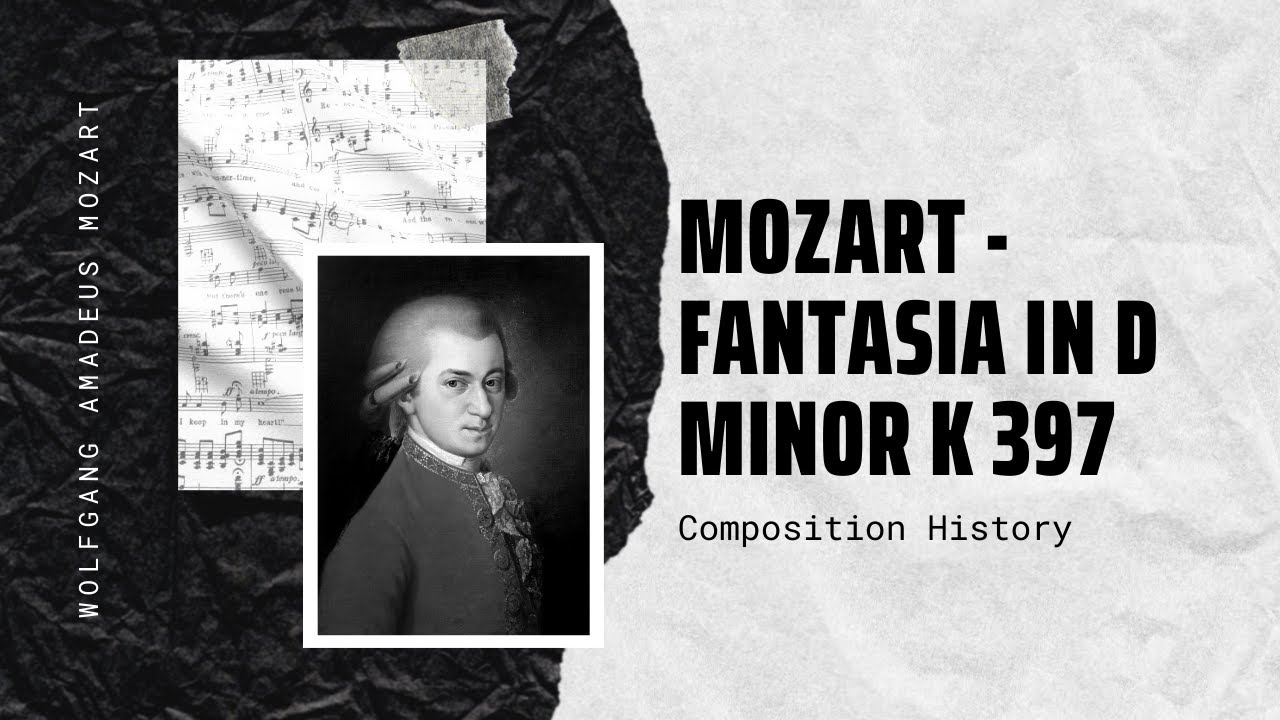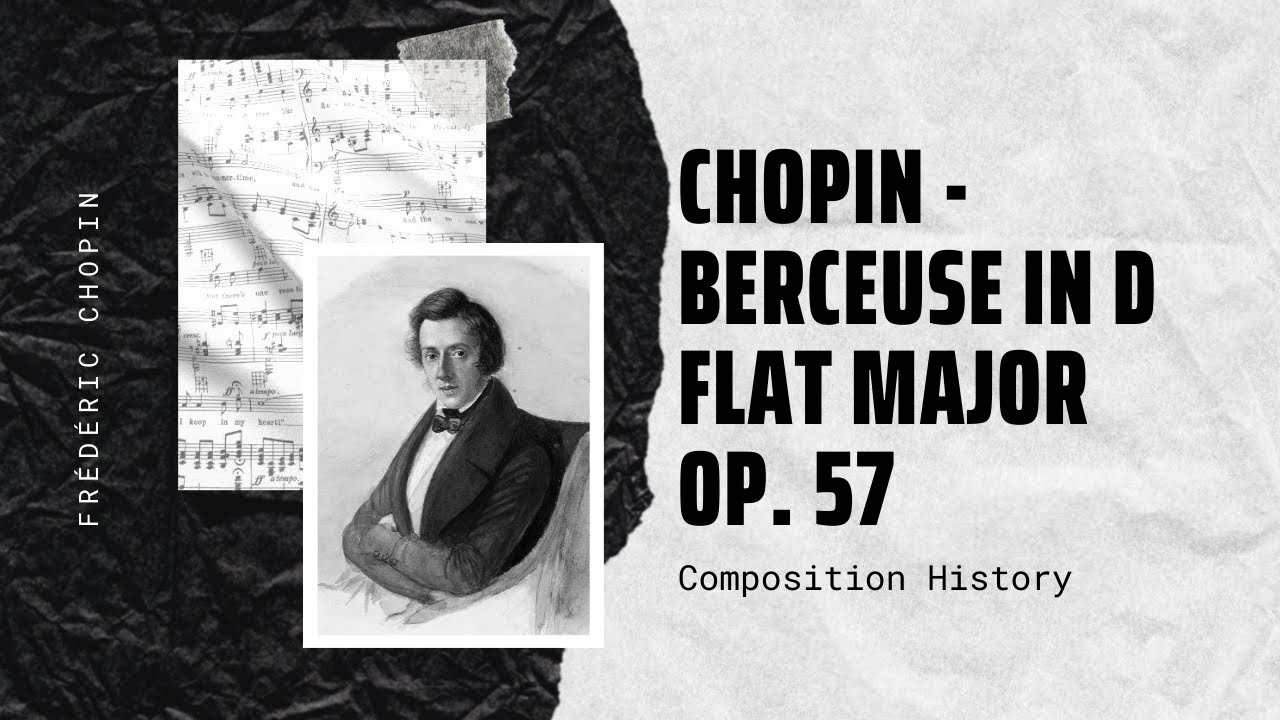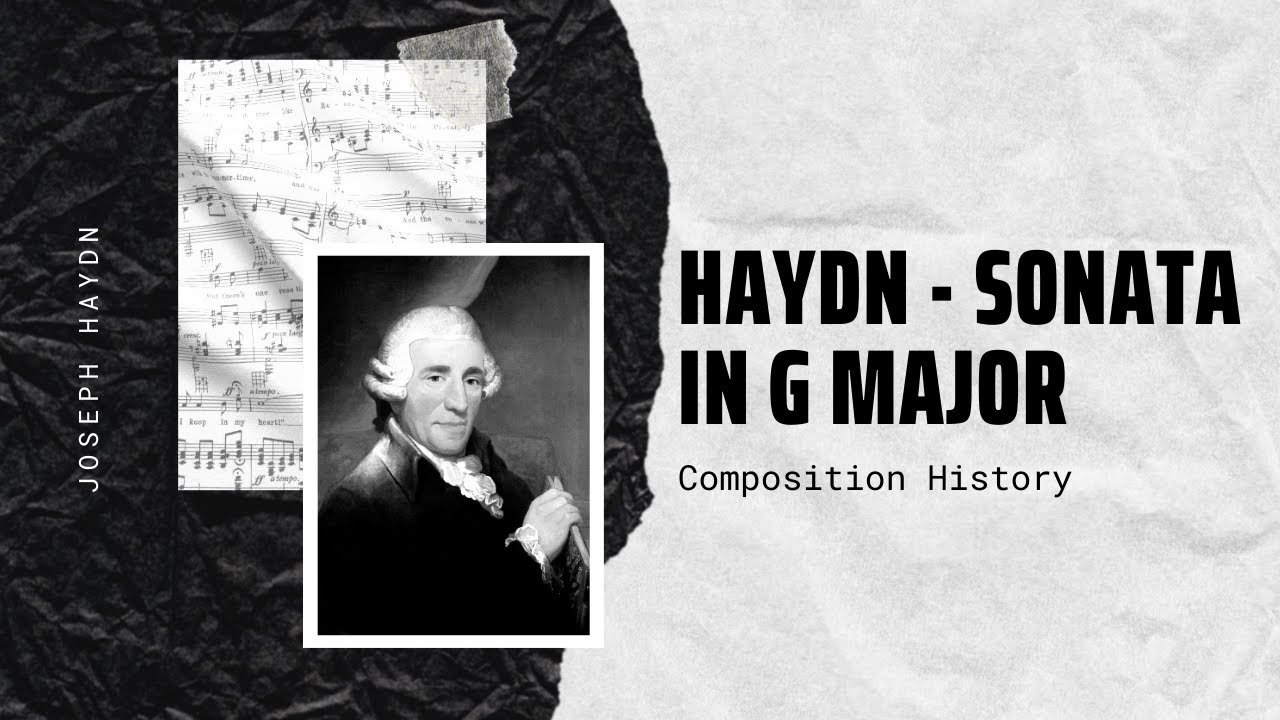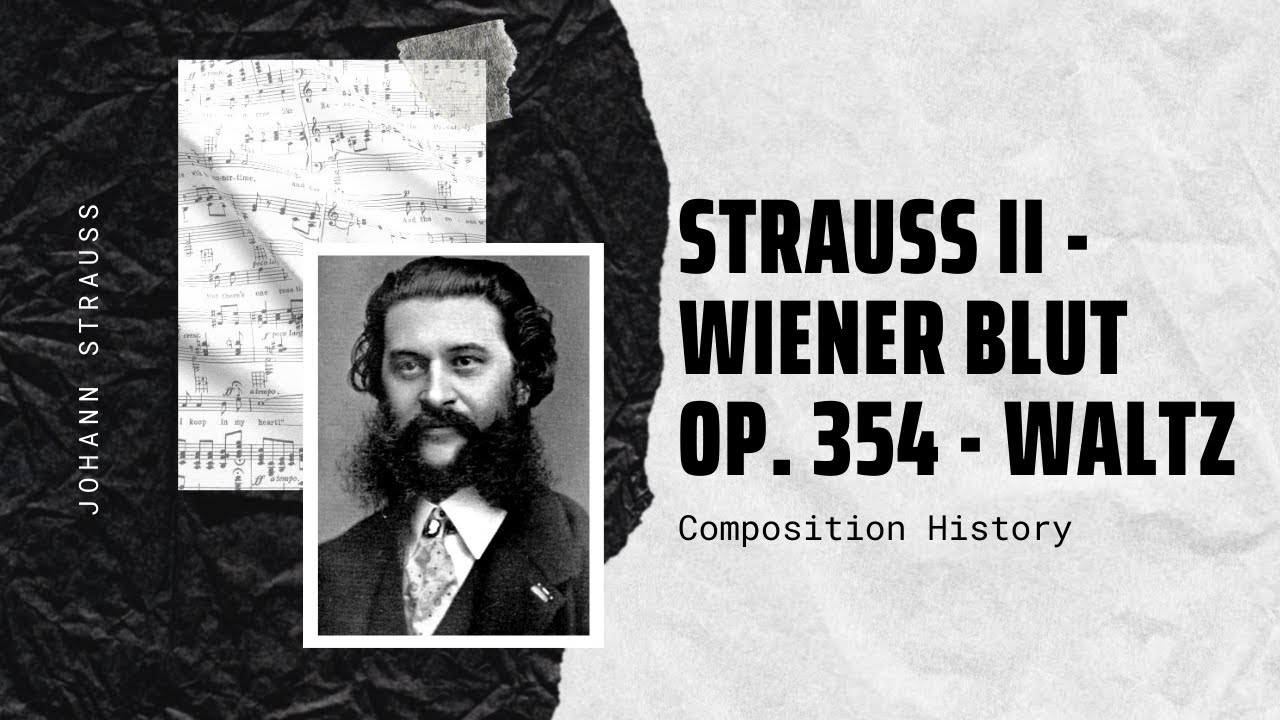
Mozart – Fantasia in D minor K 397
Fantasia No. 3 in D minor, K. 397/385g (Fantasy in English, Fantasie in German) is a piece of music for solo piano composed by Wolfgang[…]

Chopin – Berceuse in D flat major Op. 57
Frédéric Chopin’s Berceuse, Op. 57, is a lullaby to be played on the piano. He composed it in 1843/44 as variations in D-flat major. Chopin[…]

Haydn – Sonata in G major
Haydn – Sonata in G major Franz Joseph Haydn (31 March 1732 – 31 May 1809) was an Austrian composer of the Classical period. He was[…]

Johann Strauss Jr – Wiener Blut Op. 354 – Waltz
Wiener Blut (‘Viennese Blood’ or ‘Viennese Spirit’) Op. 354 is a waltz by Johann Strauss II first performed by the composer on 22 April 1873.[…]

Mozart – String Quartet No. 19 in C major ‘Dissonant’ K 465
The String Quartet No. 19 in C Major, K. 465 by Wolfgang Amadeus Mozart, nicknamed “Dissonance” on account of its unusual slow introduction, is perhaps[…]

Fauré – Élégie Op. 24
The Élégie (Elegy), Op. 24, was written by the French composer Gabriel Fauré in 1880, and first published and performed in public in 1883. Originally[…]

Happy Classical Music – Tchaikovsky Collection
Happy Classical Music – Tchaikovsky Collection Classical music is art music produced or rooted in the traditions of Western culture, including both liturgical (religious) and secular[…]

Classical Music for Reading – Mozart Collection
Wolfgang Amadeus Mozart (27 January 1756 – 5 December 1791), baptised as Johannes Chrysostomus Wolfgangus Theophilus Mozart,[b] was a prolific and influential composer of the[…]

Classical Music for Reading – Debussy Collection
Claude Debussy (22 August 1862 – 25 March 1918) was a French composer. He is sometimes seen as the first Impressionist composer, although he vigorously[…]

Classical Music for Reading – Chopin Collection
Frédéric François Chopin (1 March 1810 – 17 October 1849) was a Polish composer and virtuoso pianist of the Romantic era who wrote primarily for[…]